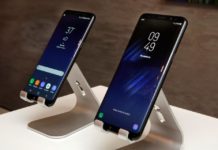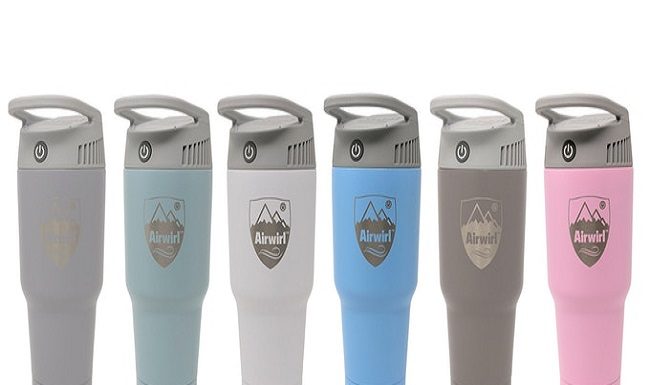At Google I/O 2025, Xreal unveiled Project Aura, its latest augmented reality (AR) smart glasses powered by Google’s Android XR operating system. This collaboration marks Xreal as the second company, after Samsung’s Project Moohan, to launch a device on the Android XR platform, signaling a significant step in Google’s strategy to establish a foothold in the extended reality (XR) market and compete with major players like Meta and Apple.
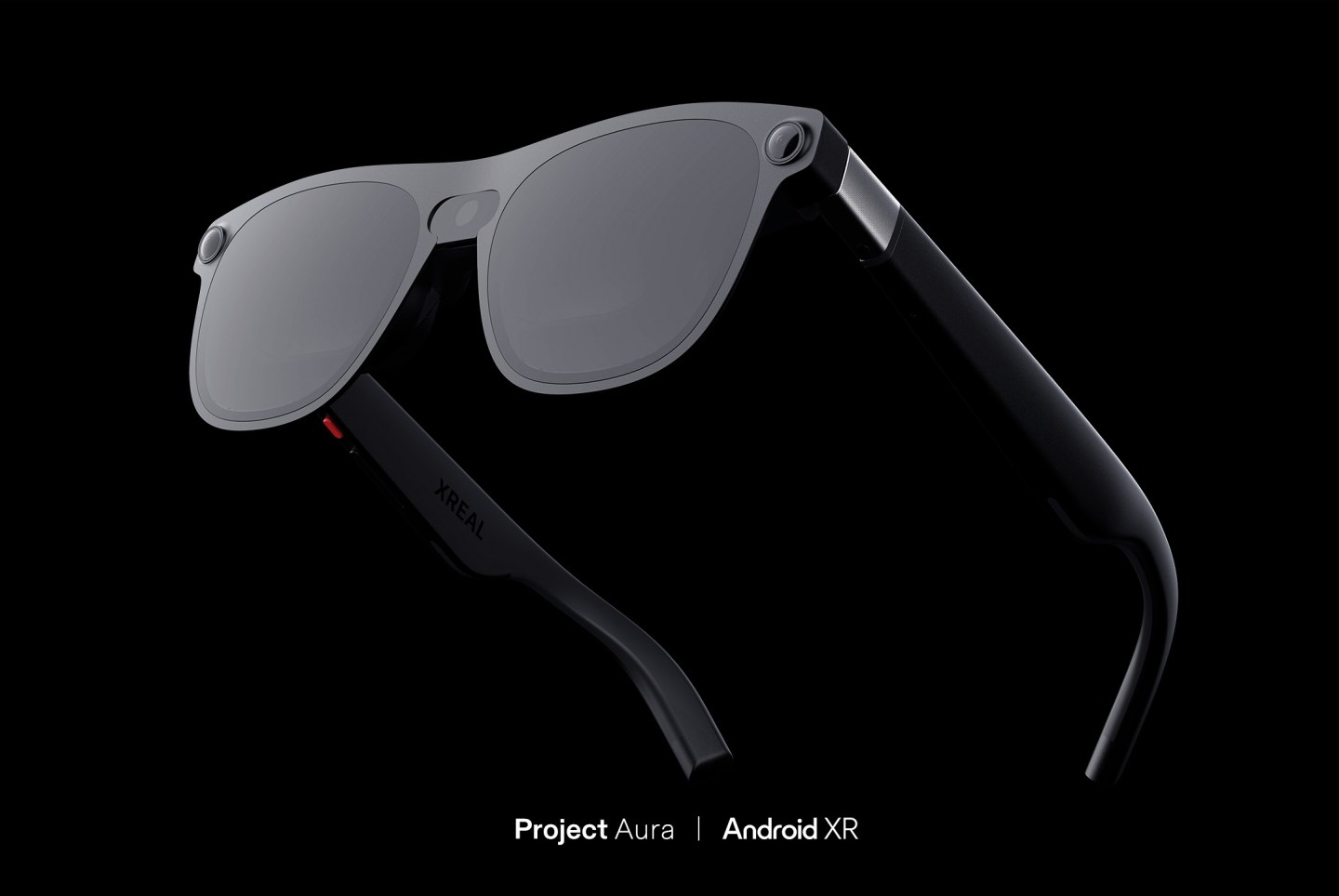
Project Aura: A New Era of Smart Glasses
Project Aura represents a fusion of cutting-edge technology and sleek design. These optical see-through AR glasses integrate mini display screens into sunglass-style frames, allowing users to overlay digital information onto their real-world view. The glasses feature adjustable opacity, enabling users to alternate visibility between the real world and augmented content. Powered by a Qualcomm XR-optimized chipset, Project Aura is designed to deliver a wide field-of-view and seamless performance.
Gemini AI Integration
Central to Project Aura’s functionality is the integration of Google’s Gemini AI assistant. This generative AI replaces the traditional Google Assistant across Android devices, including Android XR. Gemini provides real-time assistance via camera input, offering features such as object recognition, navigation with visual cues, and reminders based on visual recognition. For instance, Gemini can identify the origin of a coffee cup or provide directions with visual overlays from Google Maps.
Strategic Partnerships and Fashion-Forward Design
Recognizing the importance of style in wearable technology, Google has partnered with fashion-forward eyewear brands like Warby Parker and Gentle Monster to develop Android XR smart glasses. These collaborations aim to create devices that are not only technologically advanced but also aesthetically appealing to a broad range of consumers. Gentle Monster, for example, is known for its popularity among Gen Z and celebrities like Beyoncé and Rihanna.
Competing in the XR Market
With Project Aura, Xreal positions itself to compete directly with Meta’s Ray-Ban smart glasses and Apple’s Vision Pro. Meta’s Ray-Ban smart glasses have already achieved significant success, selling over 2 million units. By integrating advanced AI capabilities, partnering with fashion brands, and leveraging Google’s Android XR platform, Xreal aims to capture a significant share of the growing XR market.
Looking forward
Project Aura is currently in the prototype stage, with a public release slated for later this year. As the XR market continues to evolve, Xreal’s collaboration with Google and its focus on combining technology with fashion-forward design could position it as a key player in the industry. Further details about Project Aura are expected to be revealed at the Augmented World Expo next month.
Finally, Xreal’s debut of Project Aura marks a significant advancement in the XR space, blending innovative technology with stylish design to offer a compelling alternative to existing smart glasses from Meta and Apple.



![[Galaxy Unpacked 2025] A First Look At The Galaxy Z Fold7](https://www.techquery.ng/wp-content/uploads/2025/07/EC5C9262-C536-4F53-BAB3-5B53771FD5F6-183x150.png)









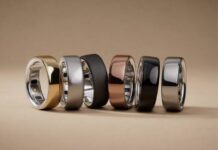

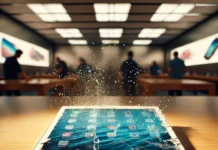

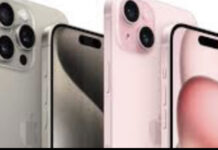

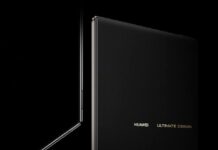

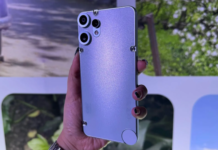
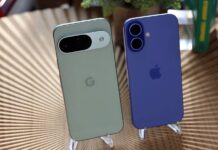
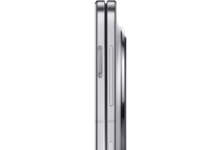
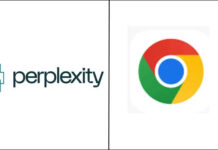

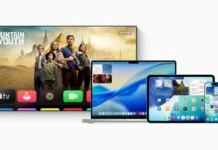
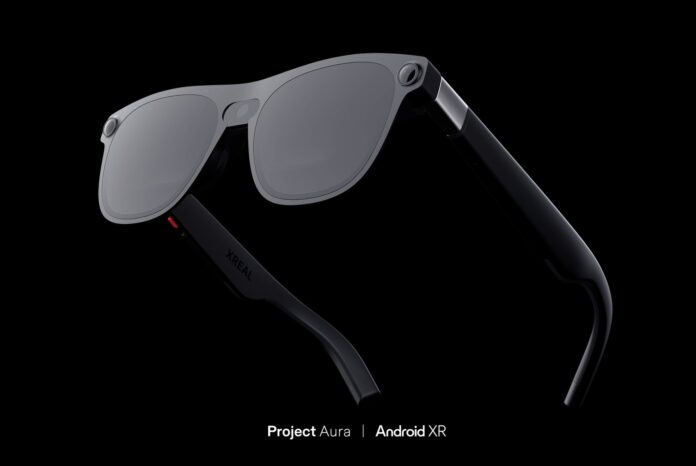


![Co-creation Hub [CcHUB] Officially Launches Africa’s First ‘CcHUB Design Lab’ In Kigali, Rwanda](https://www.techquery.ng/wp-content/uploads/2019/02/IMG_20190218_143300-100x70.jpg)




